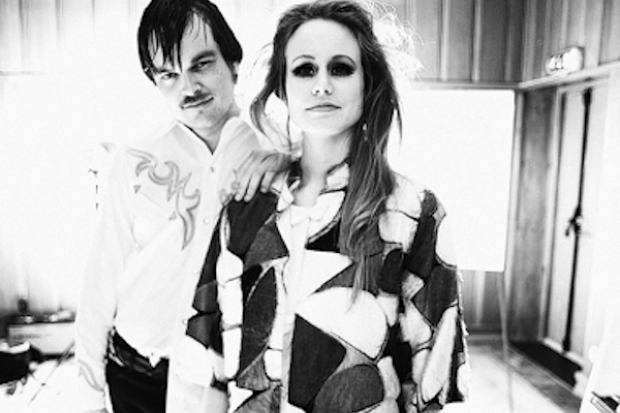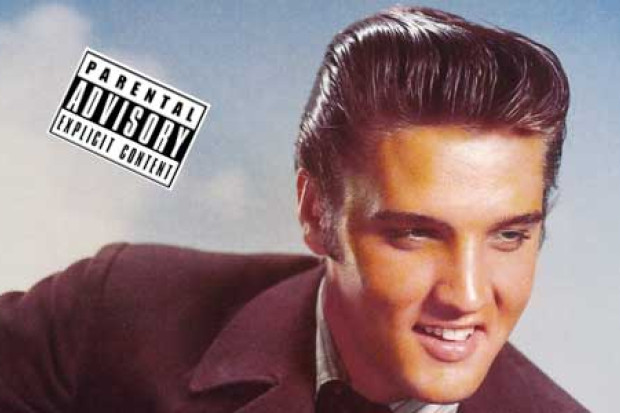Togetherness
No Borders
Because sharing is such a critical part of the collective experience – news and views, audio and video, ideas and information – a dynamic and sustainable web presence is important. Kevin Brady’s Livingroom Project (LRP), which has been around for over two years, began as a music collective website leveraged by funding Brady received from the Arts Council to support a national tour, recording session and workshop series with the American pianist and composer Bill Carrothers. ‘I then contacted a selection of musicians and music photographers, groups and singers,’ Brady said recently, ‘and asked them if they would like to be involved with the initiative.’
LRP’s genesis and its inclusion of non-musicians differ from Bottlenote’s approach, but the result is similar: a group springboard for performance, recording and collaboration with other artists. Brady plans to upgrade the website so that members will be able to administer their own pages. ‘After this development,’ Brady says, ‘we’ll organise a series of concerts, and work is also underway to get a TV channel involved in recording the performances and broadcasting them in the future.’
So collectives don’t just help generate music, they also aim to expand audiences, both live and via various media. ‘Diatribe are in touch with distributors and working out licence arrangements,’ Seán Óg explains, ‘so it’s great that the musicians don’t need to take care of all of that extra work.’ Brady, who once worked for a record company in Australia, recently arranged a deal with Proper Distribution, the largest independent music distributor in Britain, to release new LRP recordings in the UK.
Notably, the young musicians who make up these new collectives tend to focus on composition more than, say, improvisational strategies or instrumental technique. And, rightly, the musicians don’t like to be pigeon-holed. The fact that several Bottlenote members, for example, also belong to the Irish Composers’ Collective (formerly the Young Composers’ Collective) is evidence of a blurring of generic definition that enriches musical writing and expands boundaries. So too is the pursuit of a unique national voice. ‘There are, of course, outside influences on our music,’ Óg says, ‘mainly New York’s Downtown scene and mainland Europe. But the idea of generating a specifically Irish sound (without recourse to using elements of Irish traditional music) is very appealing to us.’
It is therefore appropriate that collectives are also broadening audiences and helping the next generation of Irish musicians by facilitating workshops and performing in schools. This October, for example, the Hammond organ trio Organics – members of the LRP – will be conducting such a programme for Leaving Certificate music students in Moate. Also in October, Bill Carrothers will be returning to Ireland under the auspices of the LRP to conduct workshops and masterclasses throughout the country.
Carrothers’ growing link with Irish jazz is an excellent instance of the kind of relationship that can really benefit the local scene. And we’re now seeing events being established to take advantage of such links. Carrothers was one of several international and Irish musicians who taught and performed at the Sligo Jazz Project Summer School and Festival in August. Ulf Wakenius, Julian Arguelles, Mike Neilsen, Paul Williamson and others also contributed to the masterclasses, workshops, concerts and jam sessions that have made this event a high-profile success in only its fourth year of operation. A model of creative sponsorship and careful organisation, the summer school is great for the region and great for the many students who come from Ireland and further afield to benefit from the energy, expertise and contacts of the faculty.
Perhaps the best aspect of all this creative activity has been the building of bridges with musicians and other visitors from abroad. Summer is when people like to travel, and having a solid infrastructure of collectives, concerts and educational events to attract and develop international contacts will help Irish jazz as it continues to grow in vibrancy and depth.
Published on 1 September 2008
Kevin Stevens is is a Dublin-based novelist and writer on history, literature, and jazz.












